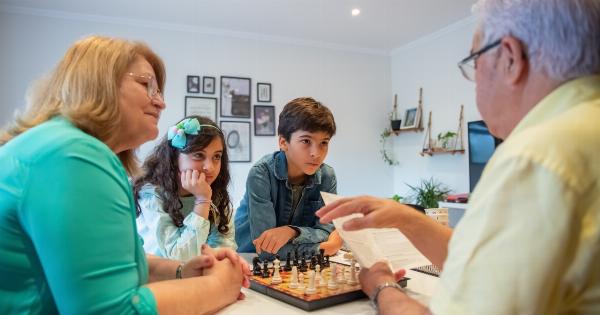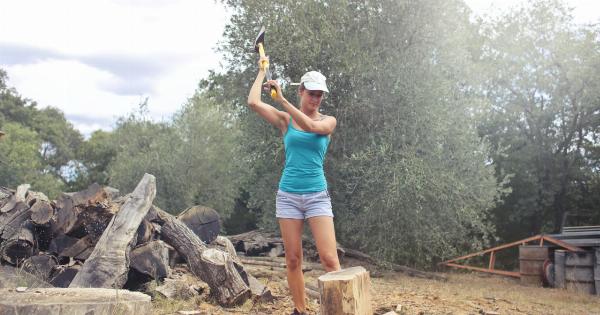Children with learning challenges face many difficulties in their day-to-day lives, including making friends. They often have a hard time connecting with other children and may feel left out or rejected.
It is important to provide support to these children, as they often need extra assistance to cultivate relationships with their peers. This article will provide tips and strategies for supporting a child with learning challenges in developing friendships.
Understand Your Child’s Challenges
The first step in supporting your child is to understand their challenges. There are many different types of learning challenges, such as dyslexia, ADHD, and autism spectrum disorder.
Each of these challenges presents different difficulties when it comes to socializing. For example, a child with ADHD may have trouble sitting still and paying attention, while a child with autism spectrum disorder may struggle with nonverbal communication and reading social cues.
Understanding your child’s specific challenges will help you to tailor your approach to supporting them.
Encourage Social Skill Development
One of the most important ways to support your child with learning challenges is to help them develop social skills. These skills are essential for making and maintaining friendships.
Some examples of social skills include active listening, taking turns, sharing, and showing empathy. There are many resources available for teaching social skills, such as books, videos, and social skills groups. Work with your child’s teacher or therapist to identify the best resources for your child.
Provide Opportunities for Socializing
Another important way to support your child is to provide opportunities for socializing. This may include playdates with other children, joining after-school clubs or sports teams, and attending community events.
Make sure to choose activities that your child enjoys and that they feel comfortable participating in. You may also want to consider enrolling your child in a social skills group, where they can practice their social skills in a supportive environment.
Model Social Skills
Children learn by example, so it is important to model good social skills in your interactions with your child. Practice active listening, taking turns, and showing empathy when you communicate with your child.
You can also model these skills in your interactions with others, including your friends and family members. By demonstrating these skills in your day-to-day life, you can help your child to develop them as well.
Teach Problem-Solving Skills
Friendships are not always easy, and children with learning challenges may face more challenges than others. It is important to teach your child problem-solving skills so that they can handle difficult situations in a constructive way.
Some examples of problem-solving skills include identifying the problem, brainstorming solutions, evaluating the pros and cons of each solution, and choosing the best option. You can practice these skills with your child by role-playing different scenarios and discussing possible solutions.
Encourage Independence
Children with learning challenges may feel like they need extra help in social situations, but it is important to encourage independence whenever possible.
Teach your child how to start conversations, make plans with friends, and handle conflicts on their own. This will help them to feel more confident and capable in social situations, which will ultimately lead to stronger friendships.
Provide Positive Feedback
Finally, it is important to provide positive feedback to your child. Let them know when they have done a good job in a social situation, such as taking turns during a game or showing empathy towards a friend.
Positive feedback will help your child to build self-esteem and confidence, which will make them more likely to take risks and try new things in social situations.
Conclusion
Supporting a child with learning challenges in developing friendships can be a challenging task, but it is also a rewarding one.
By understanding your child’s challenges, encouraging social skill development, providing opportunities for socializing, modeling good social skills, teaching problem-solving skills, encouraging independence, and providing positive feedback, you can help your child to create strong and meaningful friendships that will last a lifetime.






























